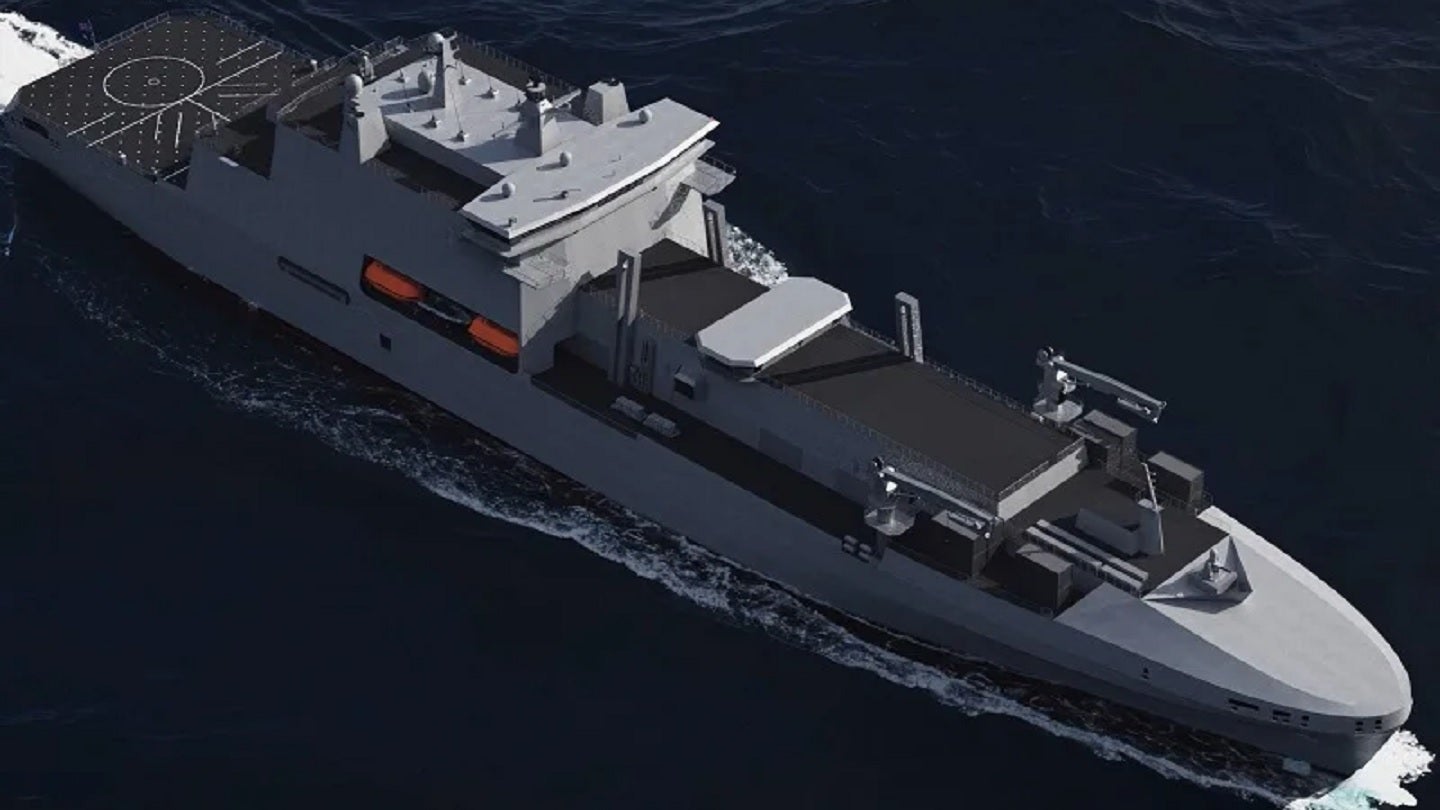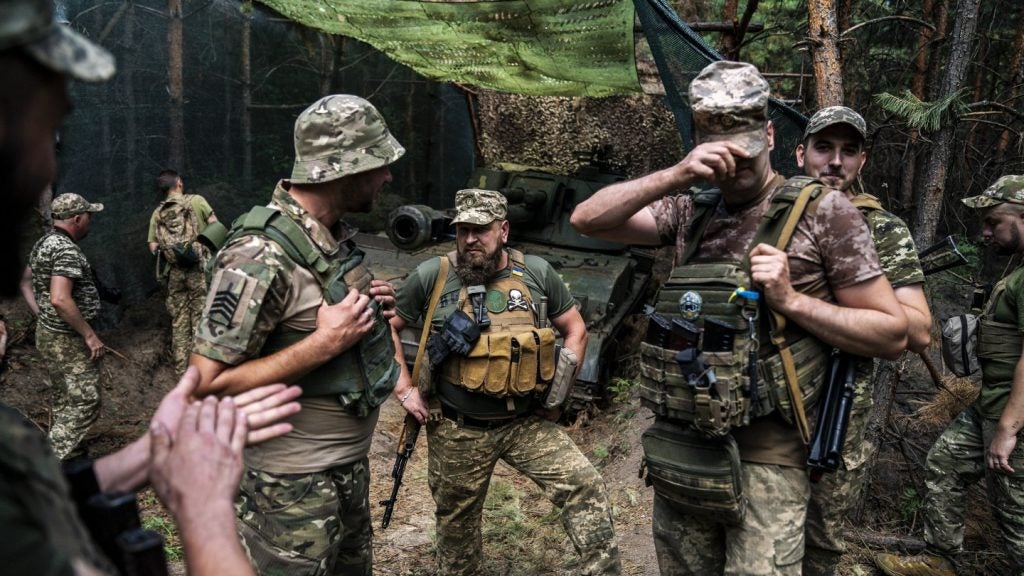
The UK’s Royal Fleet Auxiliary (RFA), which provides logistics support to the Royal Navy, might find its reservoir of patience running dry after the revelation that it will have to wait eight years until its new Fleet Solid Support (FSS) ships begin to enter service.
From the start of manufacture of the FSS programme in 2025, intended to deliver three naval logistics vessels to the RFA, it will take six years before the first of the ships will enter service, it can be revealed.
The new vessels are being constructed to replace RFA Fort Victoria, a three-decade old sole-ship class that offers capabilities of both stores ship and fleet tanker. RFA Fort Victoria was laid down in 1988 and commissioned into RFA service in 1994.
In a written response in the UK House of Lords on 27 June, Baroness Goldie Lord in Waiting (HM Household) (Whip), Minister of State at the UK Ministry of Defence (MoD), stated that the FSS’ approved in-service date was set at 2031.
It has also emerged that RFA Fort Victoria could be retained in service beyond its current out-of-service date of 2028.
“The Royal Navy expects to manage RFA Fort Victoria‘s operational status as necessary to maintain solid support ship availability during the capability transition period,” Baroness Goldie stated.
On 13 February, Alex Chalk, then Minister of State at the MoD, in a written parliamentary response stated that there were “no current plans” to extend the service life of RFA Fort Victoria beyond 2028.
In January this year the UK Ministry of Defence (MoD) awarded a £1.6bn contract to Team Resolute, comprised of UK ship designers BMT, UK shipyard Harland & Wolff (Belfast and Appledore), with Navantia UK, an arm of Spanish shipbuilder Navantia, acting as prime.
Under the terms of the deal the consortium would deliver three FSS ships to the RFA by 2032.
Belfast and Devon to benefit from FSS programme
The FSS programme is set to return major naval shipbuilding back to Northern Ireland and Devon, England, with around £77m from the total contract amount being invested for infrastructure upliftment at Harland & Wolff’s shipyards in Belfast and Appledore (Devon) in the UK, creating around 900 jobs alone at the Belfast facility.
Fully one-third of each vessel will be manufactured outside of the UK. Each of the FSS vessels will be assembled from 21 blocks, 14 of which comprise the mid and forward sections to be built by Harland & Wolff in the UK, while seven aft blocks will be built by Navantia in Cadiz before being transported to the UK for final outfitting and integration.
At the time of the FSS announcement, it was expected that production work would commence in 2025, with UK yard recapitalisation and enhancements expected to begin immediately.






